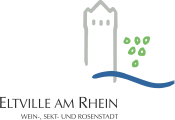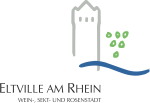Highlights & Sightseeing
Highlights & Sightseeing
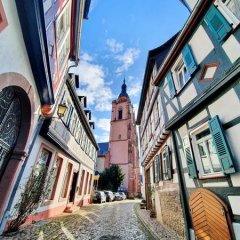
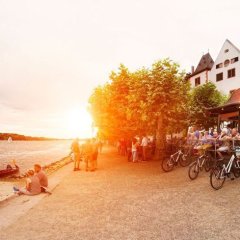 © Max Meusel
© Max Meusel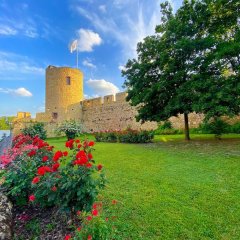
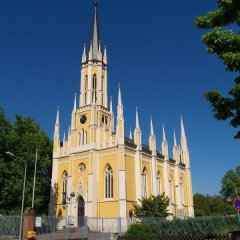
 © www.rheingau.com / Filmagentur Rheingau / Woody T. Herner
© www.rheingau.com / Filmagentur Rheingau / Woody T. Herner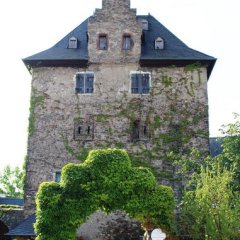
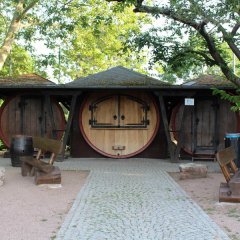
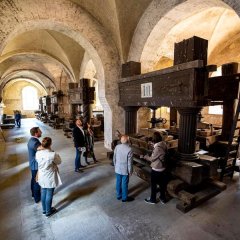 © Sven Moschitz
© Sven Moschitz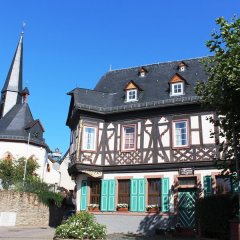
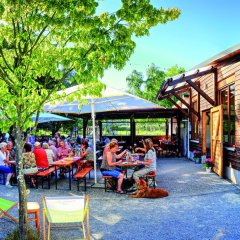 © Jens Zechmeister
© Jens Zechmeister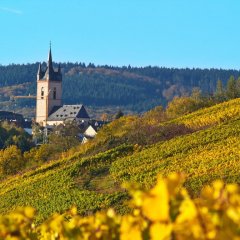
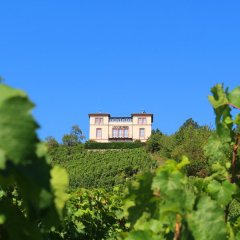
Old Town
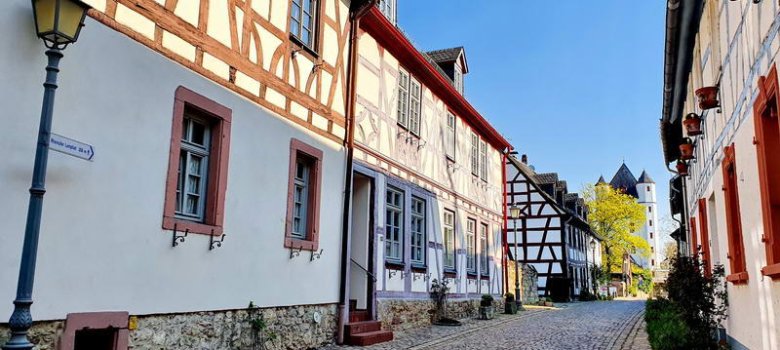
The charming medieval town center (Old Town) with magnificent historic buildings, noble estates, aristocratic villas, beautiful courtyards, and a romantic car-free walking promenade along the Rhine River is the perfect setting for a walking tour through quaint lanes in the footsteps of history. This sightseeing guide shows all important sights and buildings and helps you discover the town center during a relaxed walk at your own pace.
- Some of the buildings in the Old Town have signs with some details about their history, in German language. Here you find the English translation of those signs:
City wall at the Kiliansring
At the Kiliansring there is still a section of the medieval city wall, which surrounded the entire settlement from the 14th century. In 1688, the people of Eltville were forced by the French to ‘grind down’ their city wall; the battlements also had to be demolished. As the wall no longer offered protection from enemies, it was sold or auctioned off piece by piece in 1820. If you look to the right from Kiliansring, you can still see one of two surviving half-shell towers, which were used for defence by archers in the Middle Ages.Platz am Breitenstein (“Entenplatz“)
The Platz am Breitenstein (former defence and court square) is affectionately known by the people of Eltville as “Entenplatz“ (Duck Square). Even in the Middle Ages, it was a central square within the city walls and a kind of “communication centre“. Women would meet here to socialise and wash their laundry in the openly flowing Mühlbach stream. The children played with the ducks that swam up the stream from the Rhine River. Around the Entenplatz square was the craftsmen's quarter with fishermen, tanners, coopers, carpenters and blacksmiths.Rose City
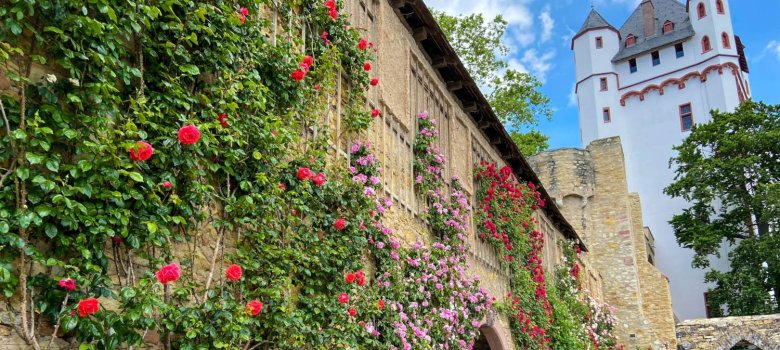
Eltville already caused a great stir as a city of roses at the end of the 19th century. Carl Schmitt founded a rose nursery in 1871. Back then over half a million of these thorny beauties grew in the large rose gardens outside the old town walls. Eltville’s rose nurseries established international business relationships that reached out as far as the czar’s palace in St. Petersburg, Russia.
After World War I Eltville’s rose business slowed down significantly. It wasn't until the 1960's that the former city gardener Reinhard Pusch reactivated the cultivation of roses in the municipal gardens again. Where prickly plants, weeds, and elder bushes once grew, he designed rose beds and planted rambling rose bushes in the castle moat.
In 1988 Eltville was granted the title Rosenstadt (“Rose City") by Germany’s association of rose growers. There are eleven rose cities, five rose villages, and one rose county in Germany. The Rose Club of Eltville supports the preservation of the rose gardens and promotes the city’s rose culture.
Eltville is literally in bloom when more than 20,000 rose bushes, including many rare and old varieties, paint the city awash with colour during high season in early summer. Among the over 300 varieties are the flaming red "City of Eltville", as well as the Japanese breed "Beautiful Eltville" which smells like apples. Further varieties include “Johannes Gutenberg" and “Hildegard von Bingen".
Rose admirers from Eltville and Hiroshima have been close friends for many years. Colorful Japanese roses blossom in the rose beds around the castle moat in Eltville. At the same time, the German varieties "City of Eltville" and “Peace Memorial Park Hiroshima can be admired in Hiroshima’s Botanical Garden, along the Freedom Boulevard, and in the Peace Memorial Park.
Due to Eltville’s mild climate, most rose bushes around the Electors Castle blossom as early as the beginning of June. The infatuating scent leads you through a unique flowery paradise. The “climbing roses in the castle moat adorn the historic stone walls. Along the Rhine promenade and in the lanes of the Old Town rose classics bloom surrounded by lavender and larkspur.
Celebrate with us when the city of Eltville dedicates the first weekend of June to the queen of flowers: The annual Rose Days are a colourful festival with an attractive program for the entire family as well as special offers for all garden lovers.
The rose-pruning courses held annually in winter (in German language) prove to be both an instructive and sociable event for hobby gardeners.
Sustainable rose management
Since 2021 the city administration has been implementing a sustainable and environment-friendly rose
management by planting more and more resistant varieties which need less pesticides.
The gardeners replace mineral fertilizers and chemical pesticides by organic fertilizers.They are using certain beneficials in order to get rid of the common garden pests. More and more insect-friendly perennials are being planted in the rose beds. These are a colorful alternative during the flowering break of the roses and they also provide a much needed food source for flying insects.
Electoral Castle (Kurfürstliche Burg)
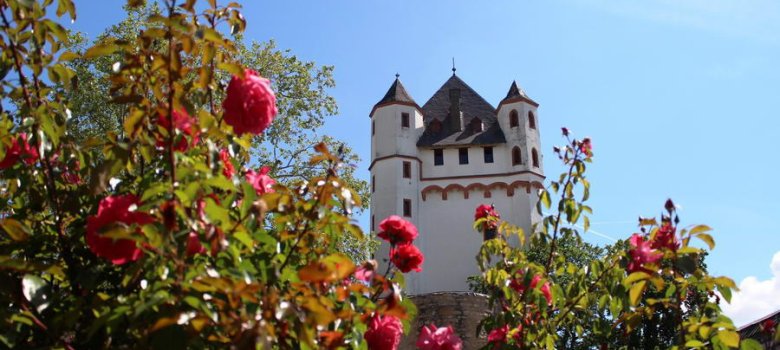
Brochure "Tour of the Electoral Castle" (pdf)2025 / 26: The Castle is currently under construction. The large East Wing's roof is being completely renewed and the East Wing is being renovated inside. Therefore the upper courtyard is partially blocked by construction vehicles and material. However, the passage through the courtyard to the tourist-information in the tower and to the rose garden is open. The tower can be visited. The other two entrances to the rose garden (from the banks of the Rhine River and from the Ellenbogengasse) are not affected by the construction and are accesible without any restrictions. The works are scheduled to be completed by the spring of 2026. We aplogize for any inconvenience.
Shop and Information
The Gift Shop and Tourist-Information in the castle tower has a nice selection of souvenirs, books, prints, gifts, accessories and more .... Open daily all year round.
Opening hours of tourist-information and tower:
April - October: daily 10.30 a.m. to 5 p.m.
November - March: daily 11 a.m. - 3.30 p.m.
Entrance fee: Adults 3.50 Euro | students 12 years and up 2.50 Euro | children up to 11 years free of chargeVisit to the tower
On your way up the 124 steps from the tourist-information you will see different historic rooms that are witnesses to Eltville's past; such as the Earl's Hall, the Gutenberg-Exhibition and the Domherrenkammer. One more floor and you reach the the Defense Platform on top of the tower - a beautiful view over Rhine River, Old Town and vineyards wait for you. Don't miss the mysterious dungeron deep down in the basement.

- Special for Kids and families, available in English language: Discover the tower with EMIL the little ghost - a digital audiowalk and quiz with questions about the castle. The tablets are available in the tourist-information, on the first floor of the tower. Have fun and get your free gift at the end of the tour !
History
The Electoral Castle is Eltville's landmark and was built in 1330 by Balduin von Trier on the ruins of a castle destroyed during the Tariff Wars ("Zollkriege"). Construction was completed in 1350 by Heinrich von Virneburg. During the 14th and 15th centuries, the castle was the residence of the archbishops and electors of Mainz. In 1635, the entire property, except for the living tower (“Wohnturm), was destroyed by Swedish troops. Only the east wing was rebuilt in modified form in 1682/83. The Grafensaal (Earl's hall) in the tower pays tribute to the famous inventor of letterpress printing, who was officially honored here in 1465, the only award during his life. Today it invites visitors to wander through the courtyard, castle moat, and beautiful rose garden.
Many cultural events take place here throughout the year.
The brochure “Tour of the Electoral Castle (pdf)” presents a comprehensive description in English language and can be obtained in the Tourist-Information.Castle For Rent
The castle can be rented as a unique location for your private events such as civil and free marriage ceremonies, daytime champagne receptions as well as for business meetings and seminars. Whether you are planning an indoor or outdoor function - the castle offers the perfect setting for every occasion. Several halls as well as the castle moat or rose garden are available for rent. Celebrate in this historic landmark between the Rhine River and the romantic Old Town!
The tourist-information has more on details, rates and conditions (phone +49 6123 697-540 or 697-541, burg@eltville.de).
Gutenberg
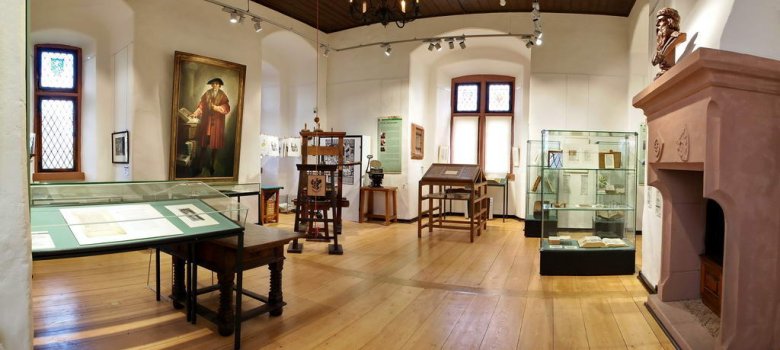
The citizens of Eltville are proud to live in a town that once had one of the world’s first printing shops. The Gutenberg memorial and exhibition in the castle tower is dedicated to the inventor of movable type for the printing press. It was here in 1465 that he was granted the title “Hofmann” by Archbishop Adolf of Nassau II.
A large wooden piece of art, called "Eltvil 1468” can be seen in the castle’s dungeon. The “Man of the Millennium" is not only part of Eltville’s past – his legacy is kept alive yet today.
Learn more about Gutenberg and his conncection to Eltville in the
brochure "On Gutenberg's footsteps in Eltville am Rhein" (pdf).Wine Villages
Four wine villages are scattered around the city center of Eltville. Each of them has its own charm and historic treasures which make a visit worthwhile.
Erbach
The St. Markus Catholic Church is surrounded by the world-famous Marcobrunn vineyards. It was built in the second half of the 15th century and expanded significantly between 1720 and 1730. Also worth visiting is the Protestant church of St. John (“Johanneskirche”) from the 19th century as well as numerous estates of local nobility. The Prussian princess Marianne once lived here in Schloß Reinhartshausen. All of these sights are symbols of Erbach’s historic significance and the former wealth of its inhabitants.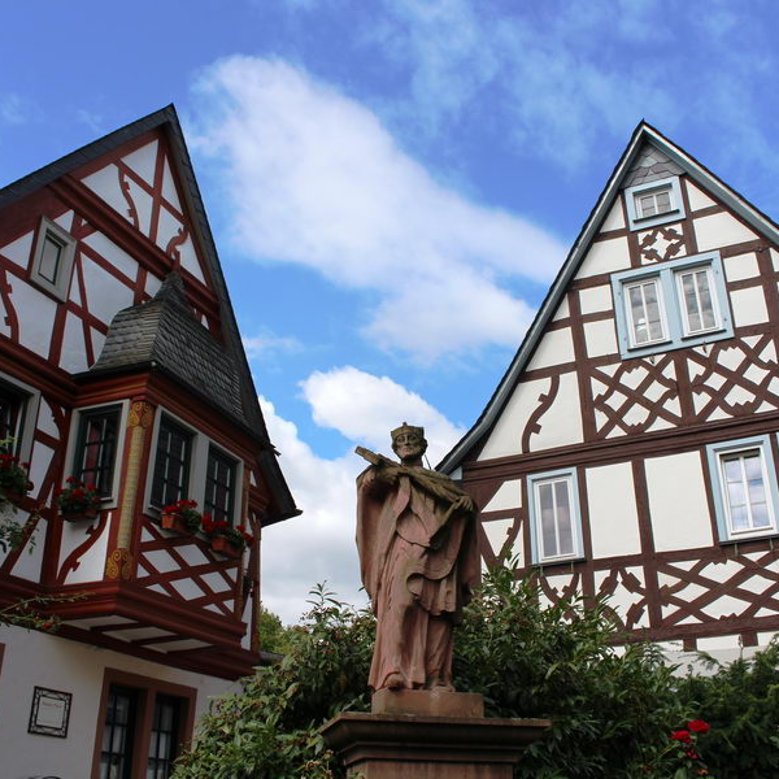
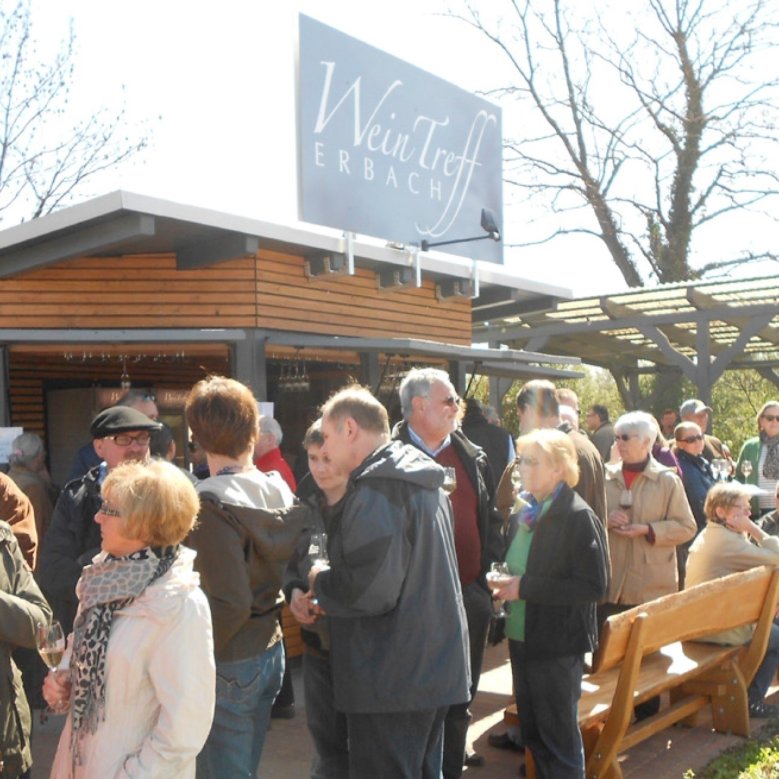 © Weintreff Erbach
© Weintreff Erbach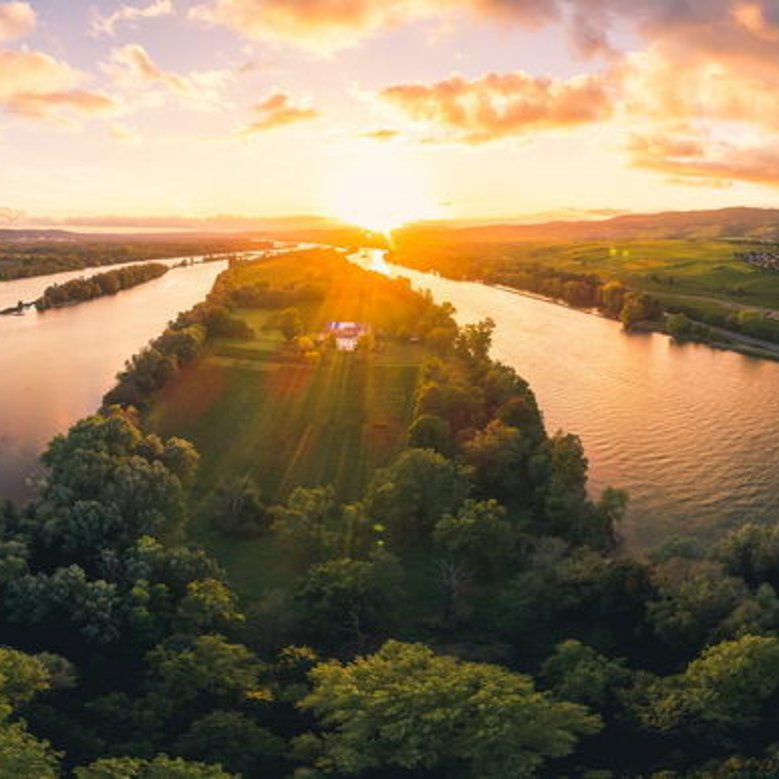 © www.rheingau.com / Filmagentur Rheingau / Woody T. Herner
© www.rheingau.com / Filmagentur Rheingau / Woody T. Herner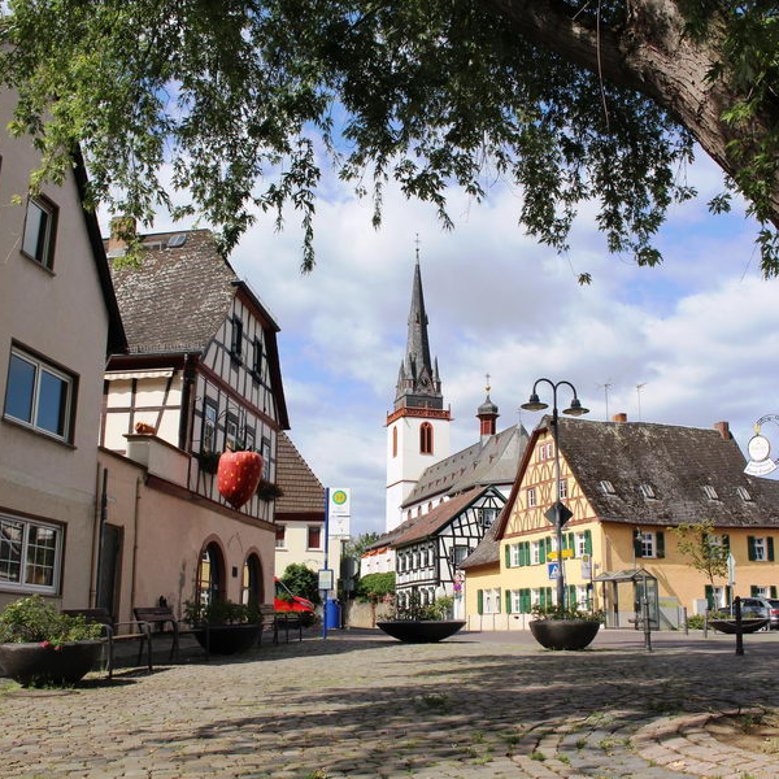
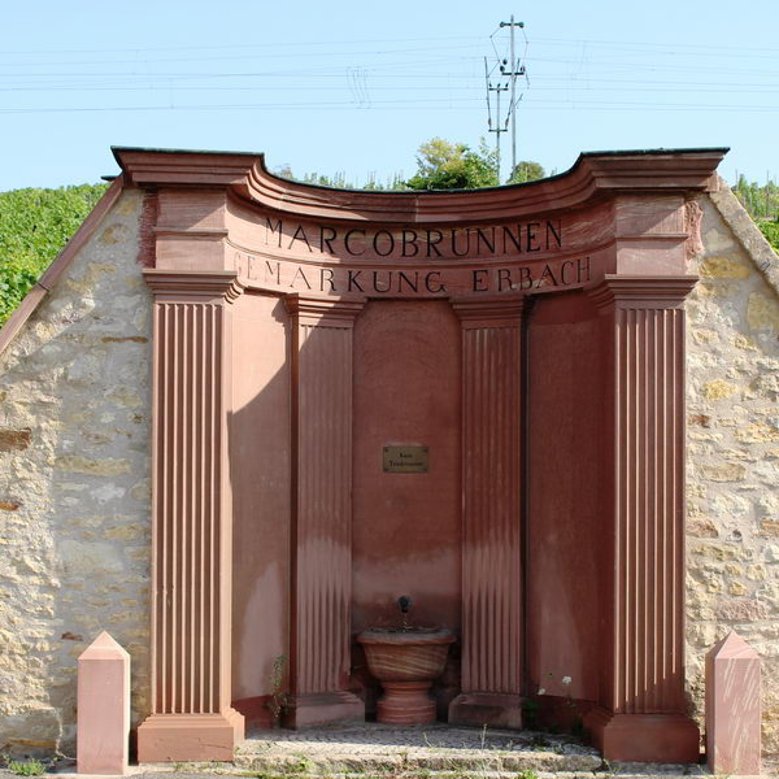
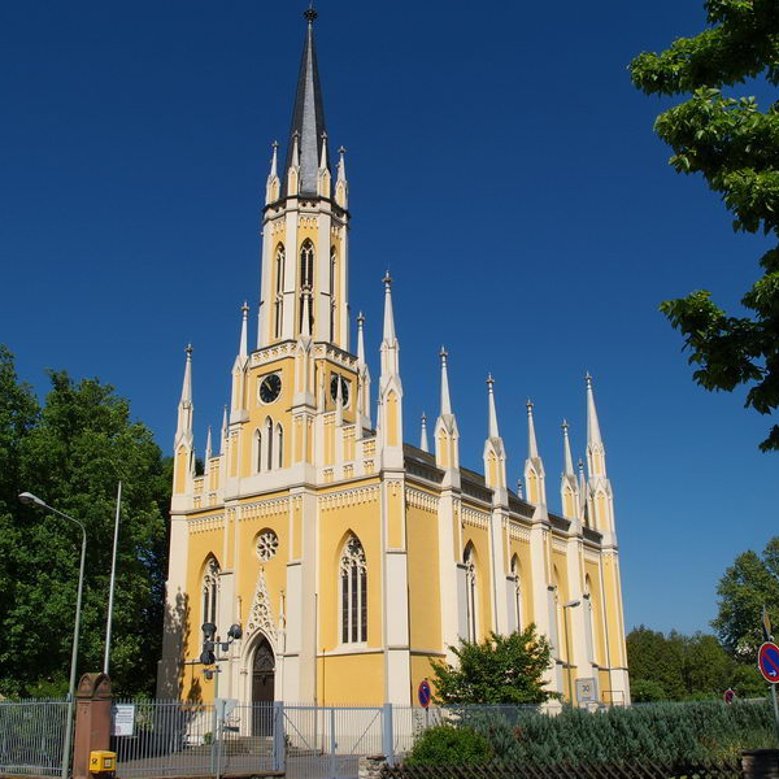
Hattenheim
This wine village on the banks of the Rhine River features a well-preserved town center that easily impresses its guests. The idyllic market square, with its unique pebbled and half-timbered buildings; the Baroque church of St. Vincenz and its 11th-century spire -which has been in possession of Baron (“Freiherr”) von Simmern since 1462- and the numerous estates of local merchants and nobles are reminders of the town’s historic past.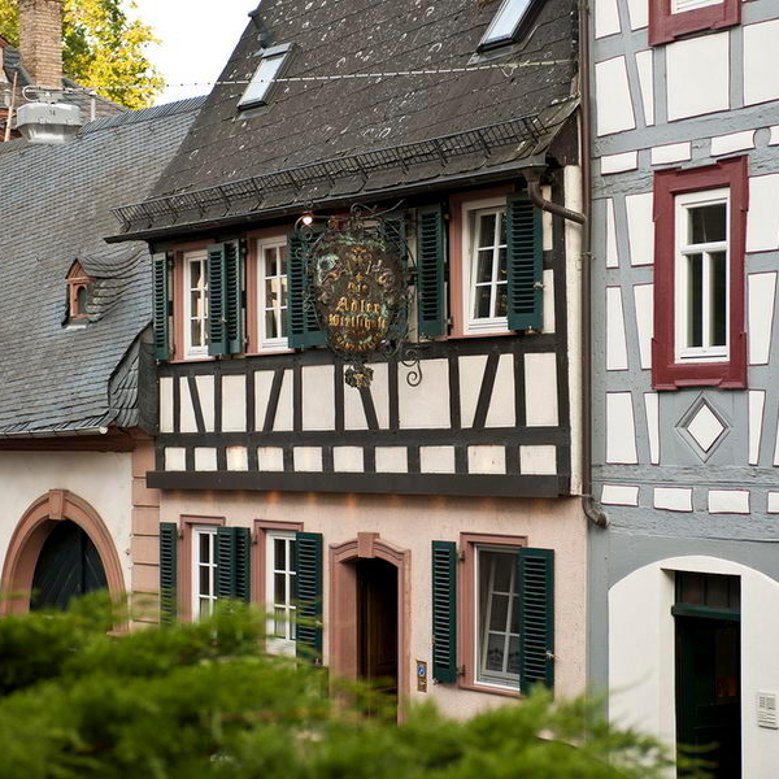 © Adlerwirtschaft
© Adlerwirtschaft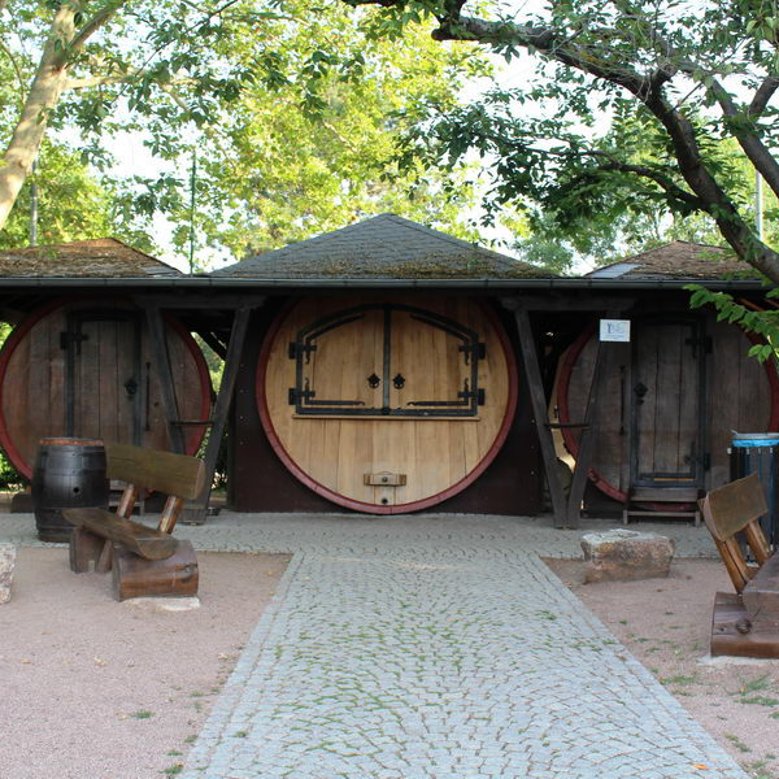
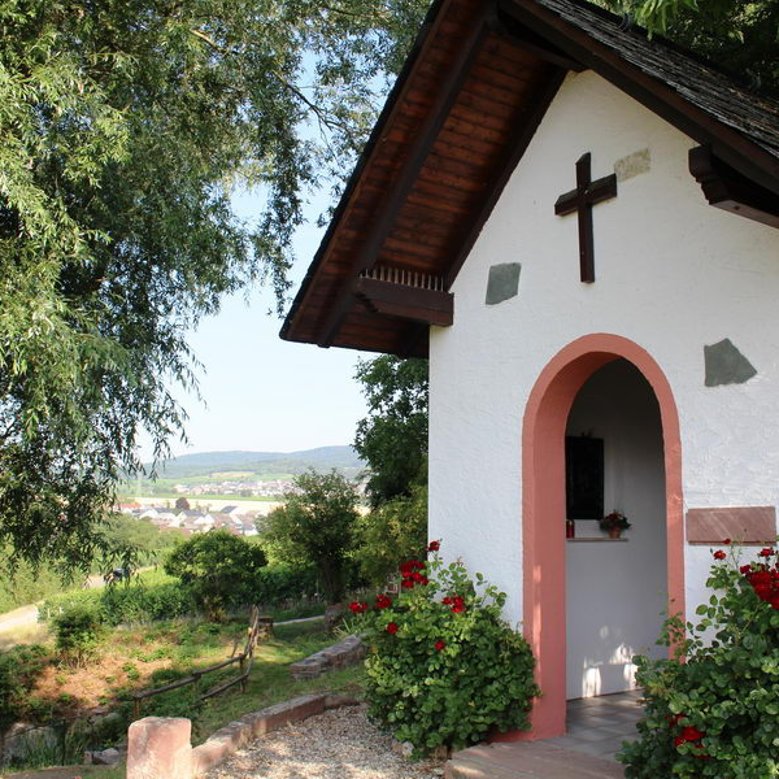
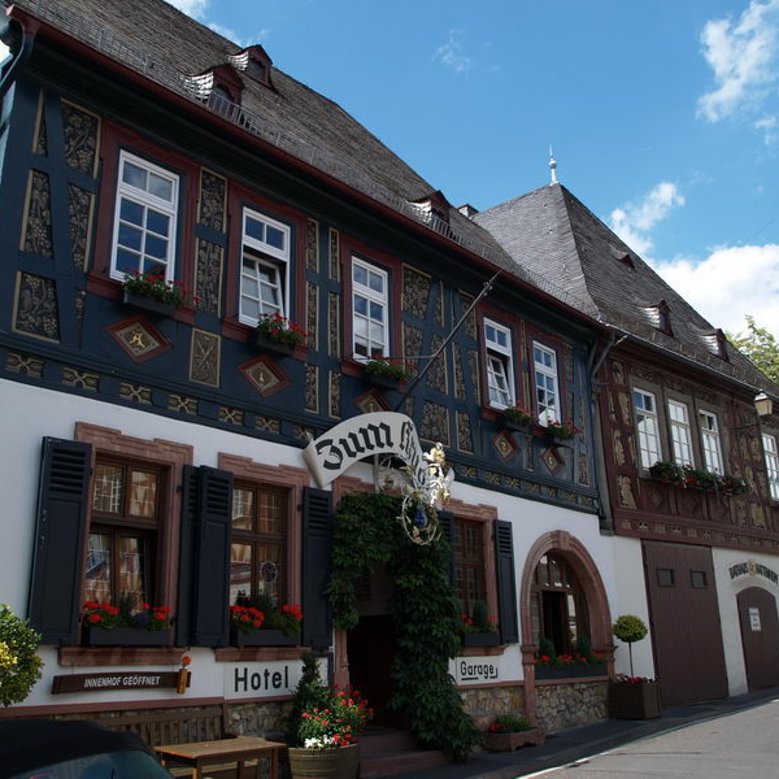
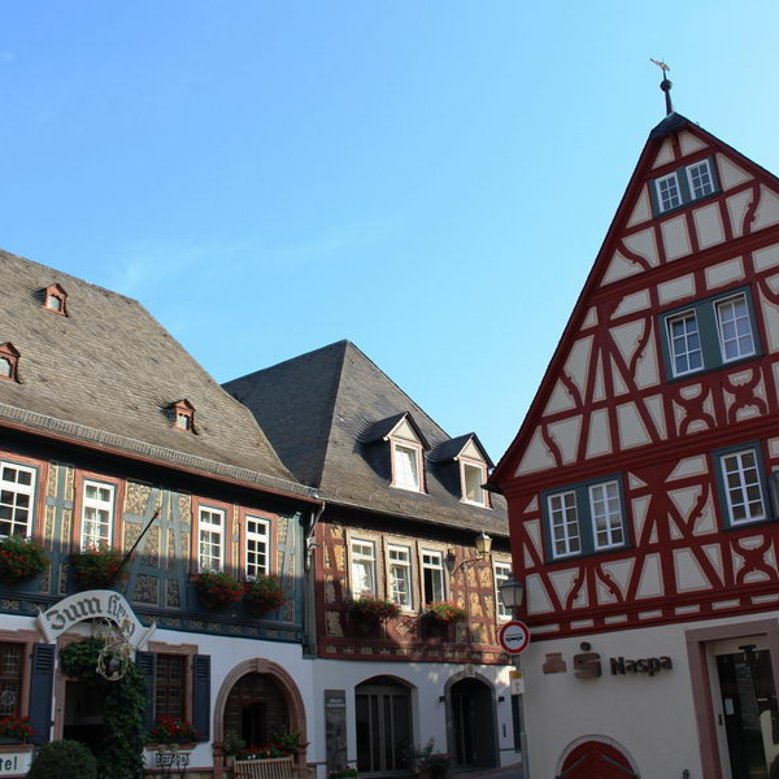
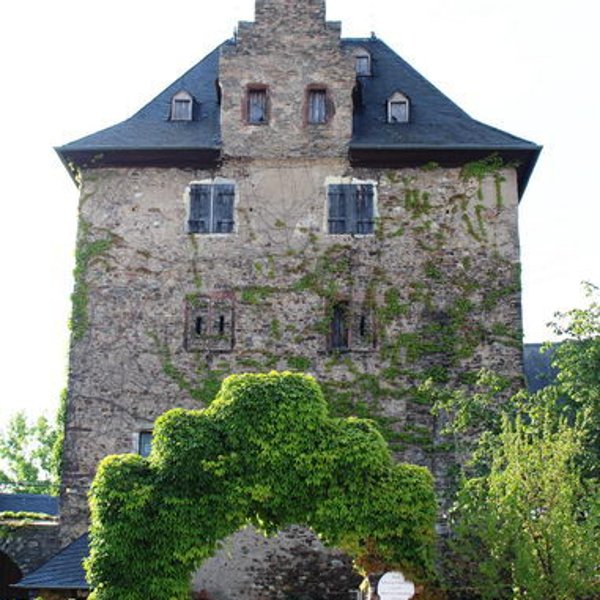
Martinsthal
The town of Martinsthal, formerly called Neudorf ("New Village") is surrounded by vineyards. Here you will see a small Gothic church that is used today for cultural events. A short walk away is the market square with an ornate half-timbered building from the 16th century, which functioned as a town hall, bakery, and even a tavern. Here you can get a glimpse of the historical figure Bonifazius Stirneberg, nicknamed the “stand-up collar vintner (“Stehkragenwinzer”). The same artist who created this figure also made the sculpture of wild pigs located on the road to Schlangenbad. They are a symbol of the village’s most famous vineyard (“Wildsau”).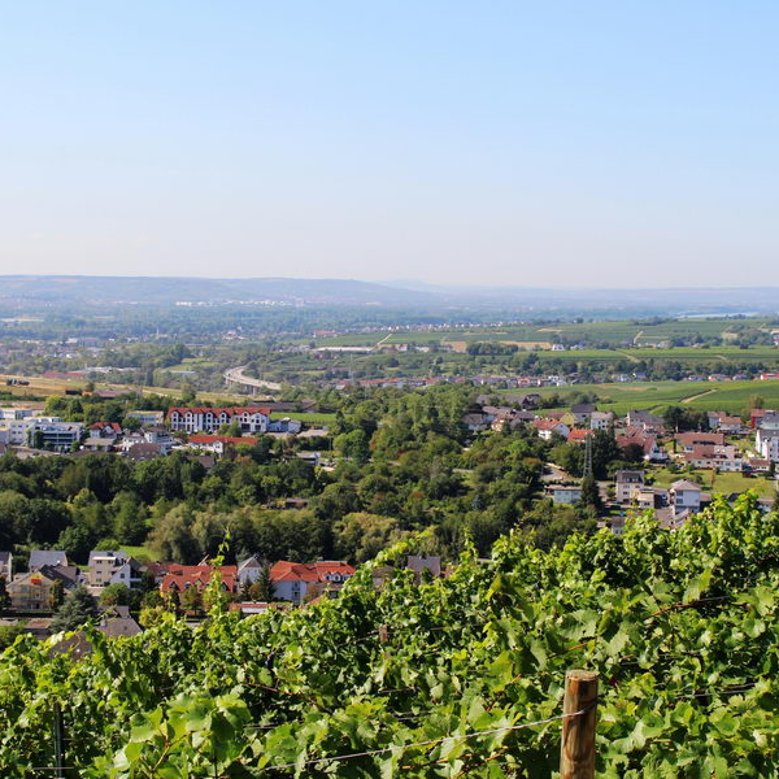
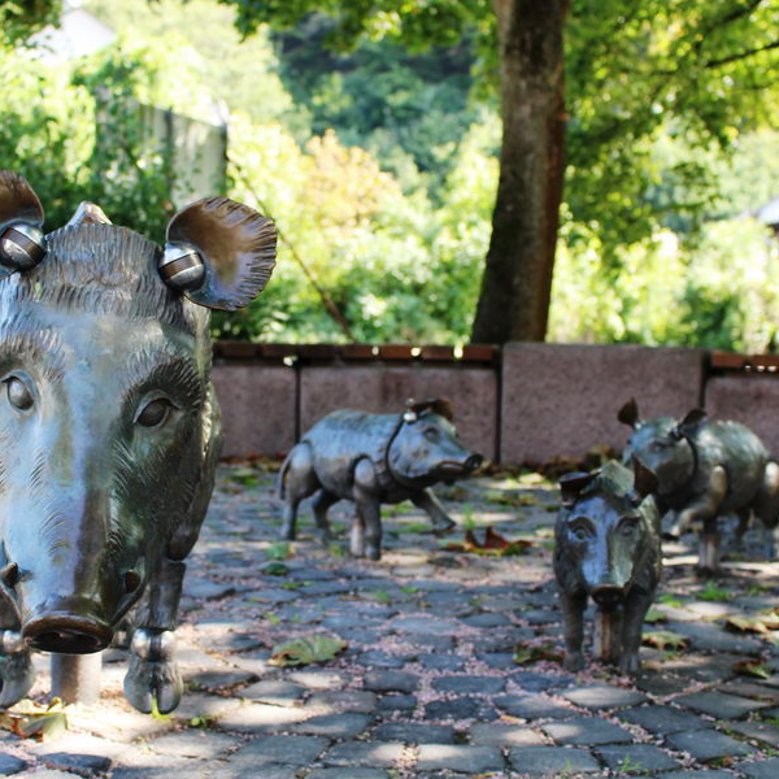
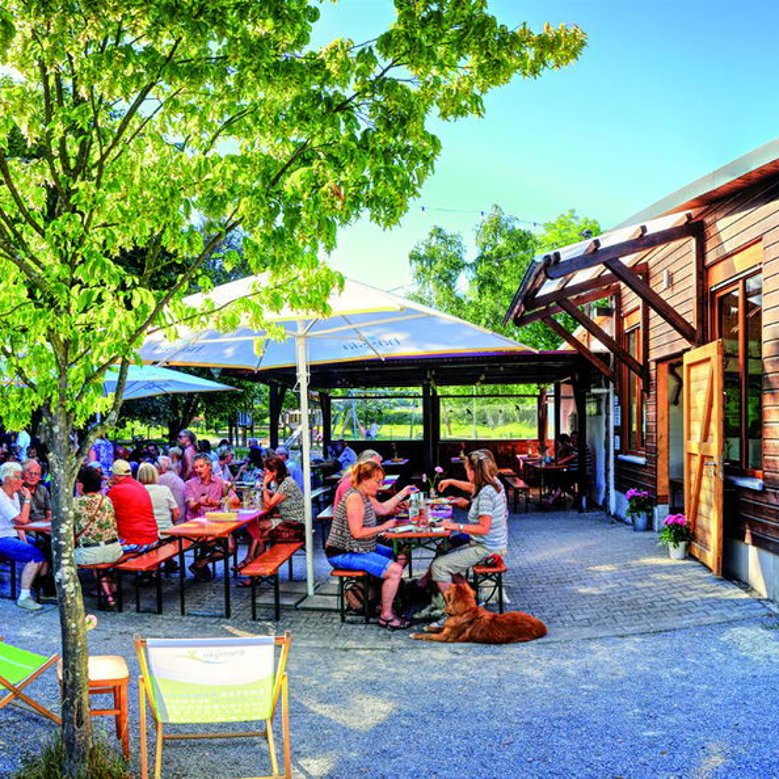 © Jens Zechmeister
© Jens Zechmeister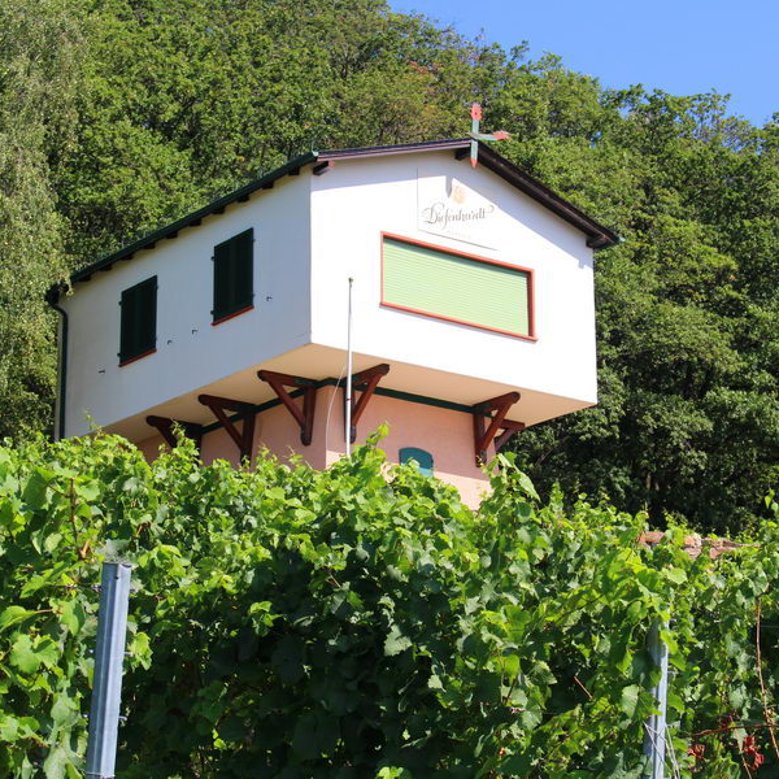
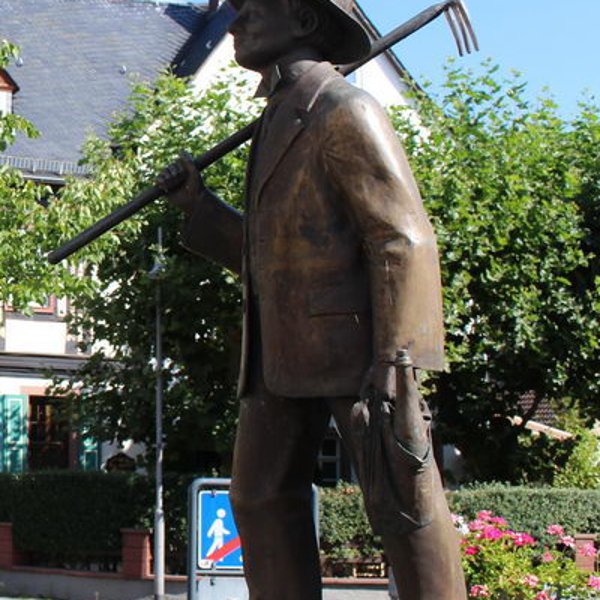
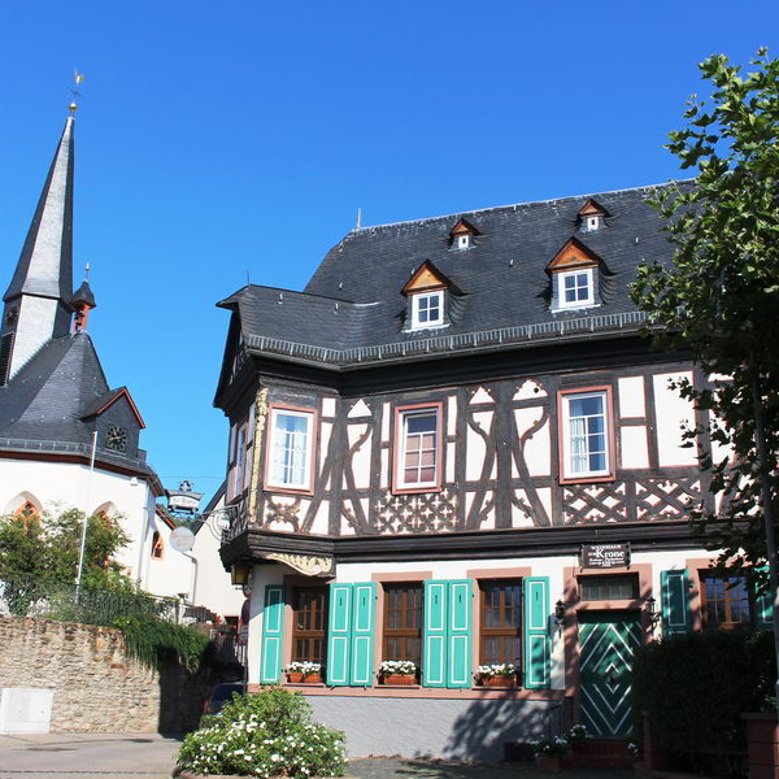
Rauenthal
The St. Antonius Church is more than 500 years old, and its late Gothic spire can be seen from far away. Many visitors like this little wine village because of its idyllic church square, the wine taverns, and the hiking trails through the vineyards as well as the Rheinsteig trail. A walk up to the “Bubenhäuser Höhe" will reward you with a fantastic view of the surrounding countryside.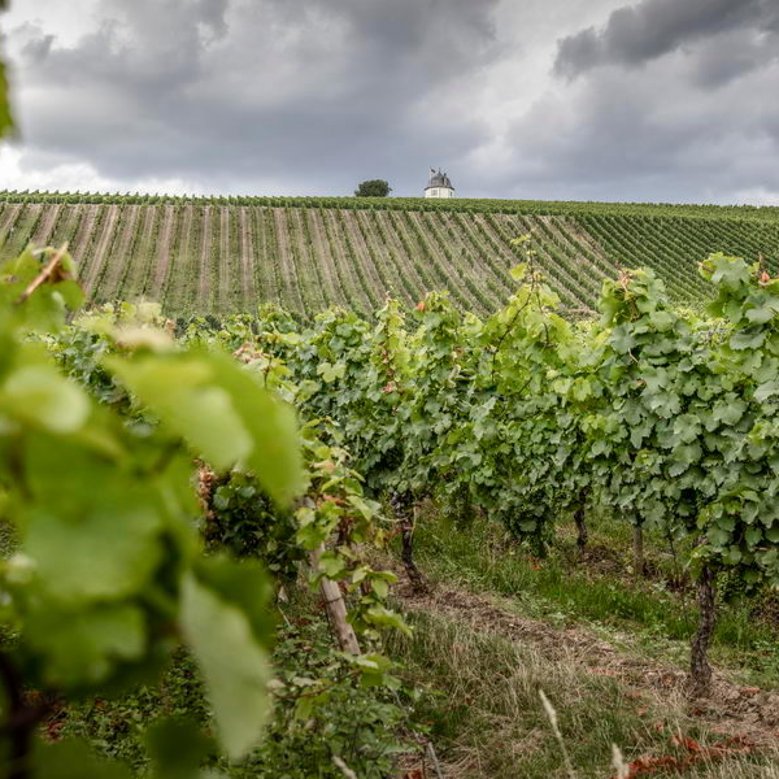 © www.rheingau.com / Rui Camilo
© www.rheingau.com / Rui Camilo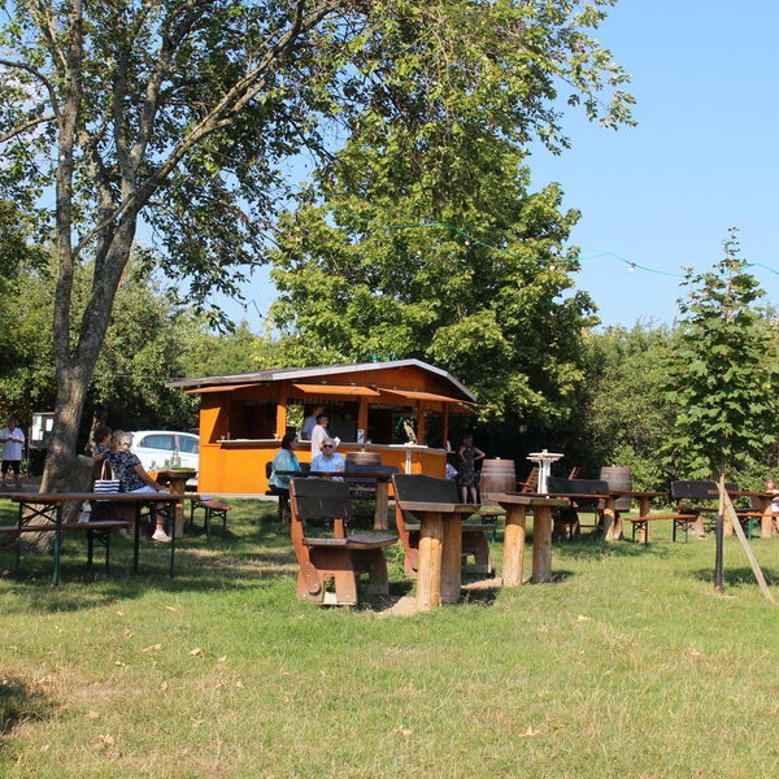
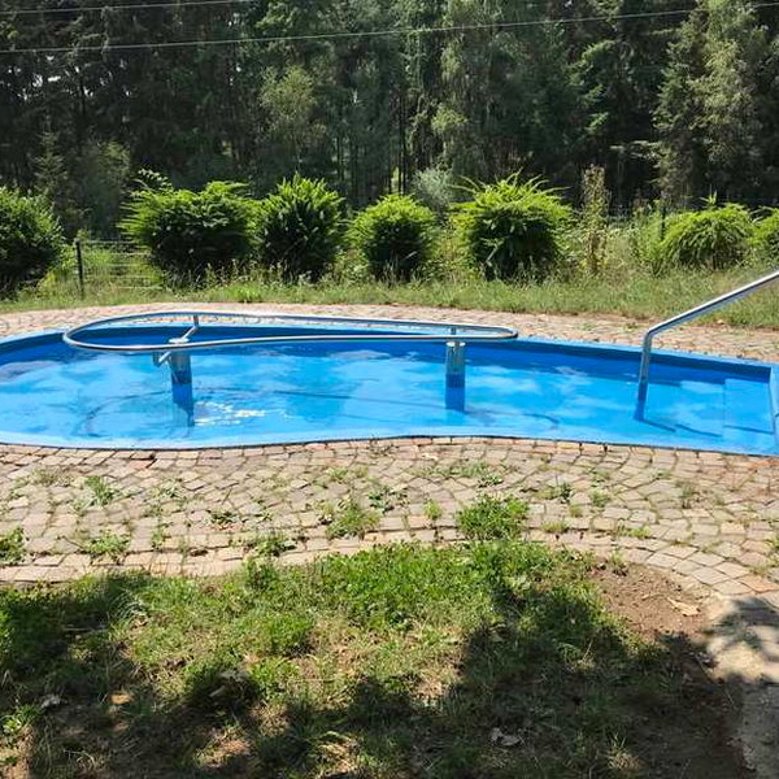
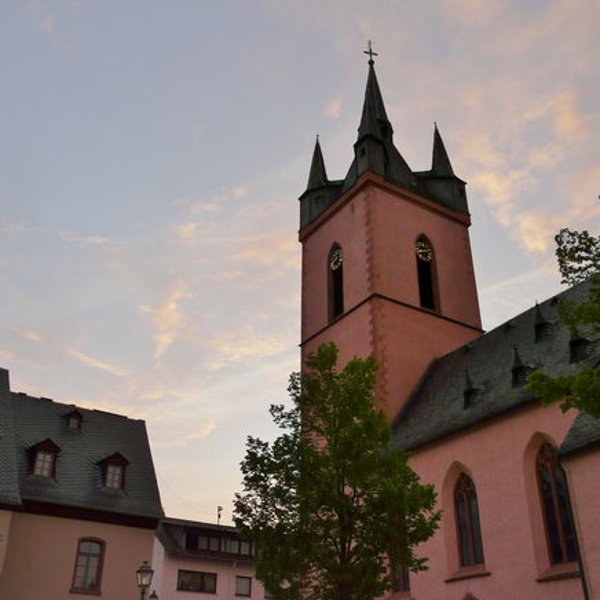 © St. Peter & Paul
© St. Peter & Paul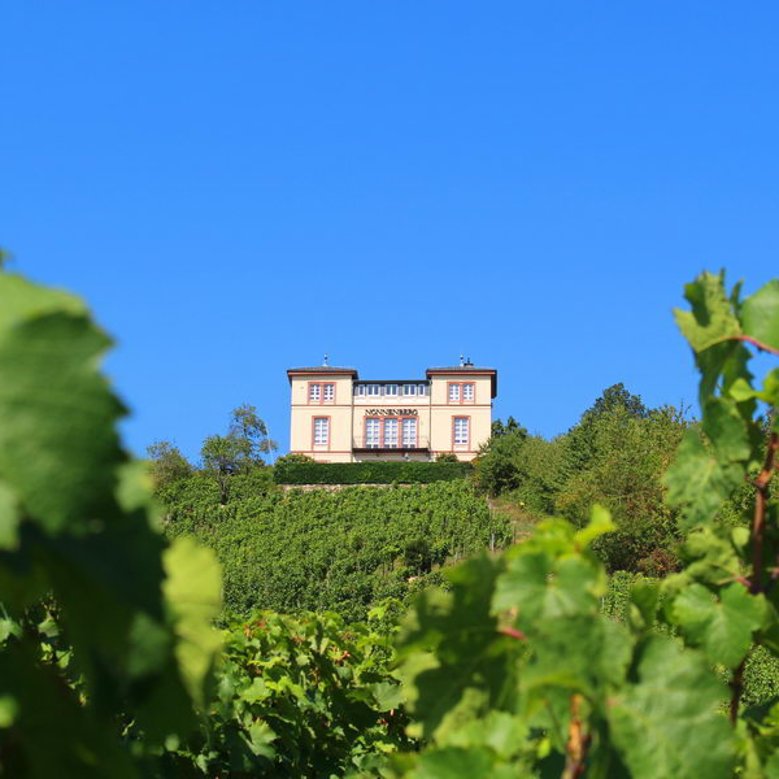
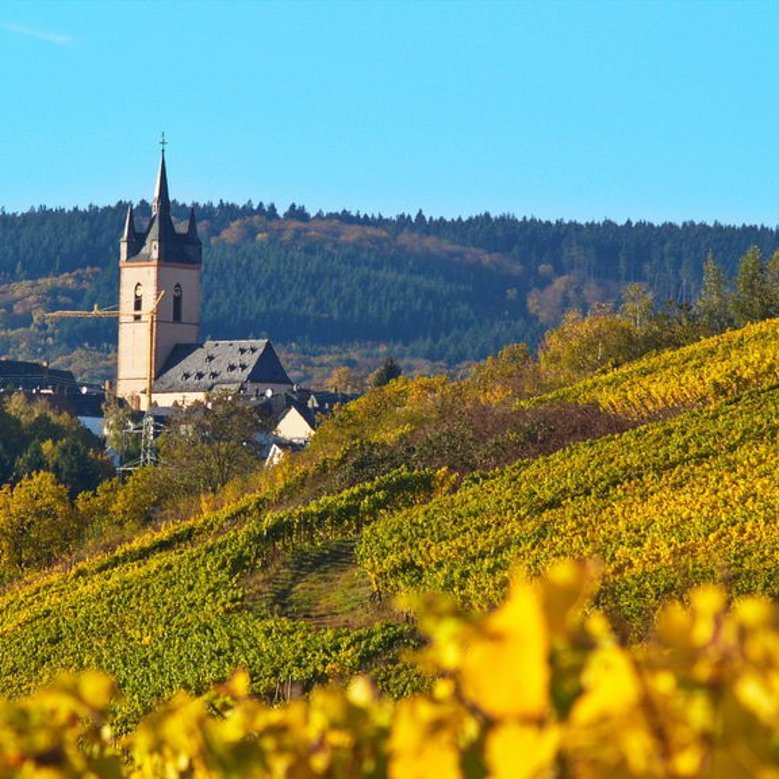
Eberbach Monastery
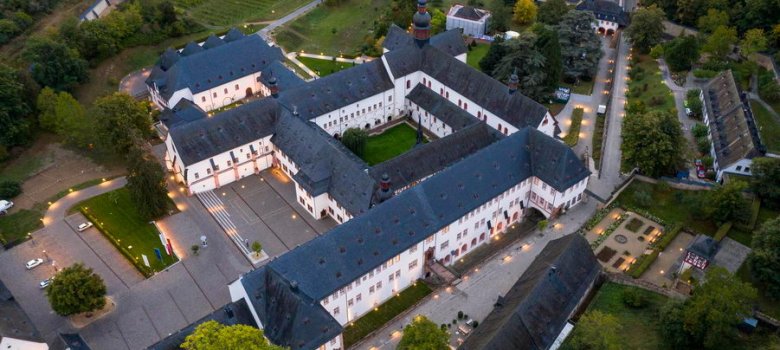 © Sven Moschitz
© Sven MoschitzThe Cistercian Eberbach monastery (Kloster Eberbach) is a cultural monument and a masterpiece of medieval architecture. In the Middle Ages, this Cistercian monastery was the center of the Rheingau wine region. Except for the pump room and two side walls, the structure remains intact. The huge Romanesque basilica was built between 1145 and 1186, and its Gothic-style chapels were later added between 1313 and 1340.
History truly comes to life as you wander through the vast meeting rooms, dining halls, and sleeping quarters once used by the monks and lay brothers. Discover the 14th-century chapter house, a hospital (built from 1215 to 1220), and a library from around 1500. Today grapes ripen on the State of Hessen's 200 hectares of vineyards to become top wines. Enjoy the noble Eberbach wines in the incomparable atmosphere of the monastery’s historic wine cellar.
- More information: www.kloster-eberbach.de
- More information in English: https://www.rheingau.com/churches-monastries/eberbach-monastery
Located above the village of Kiedrich. From Eltville city center drive to Kiedrich, follow signs to Kloster Eberbach.
The Steinberg
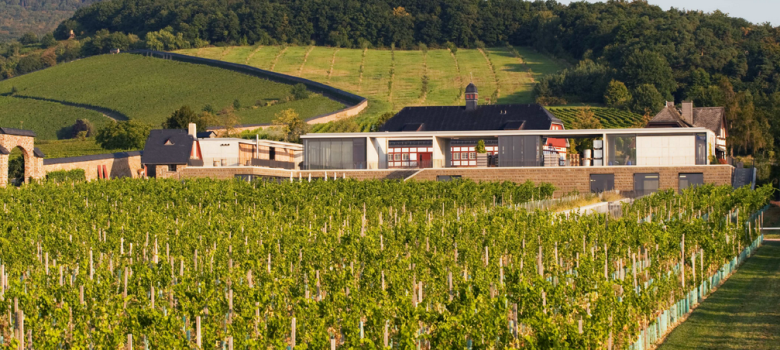 © Sven Moschitz
© Sven MoschitzThe Steinberg, surrounded by a 3,000-meter long stone wall, was the favourite vineyard of the Eberbach monks. The wall provides for an exceptional climatic condition, enabling the grapes to ripen and develop into an especially delicate and elegant top quality Steinberg wine.
The State Winery of Hessen (“Hessische Staatsweingüter) opened their new state-of-the-art production site “Steinbergkeller" here in 2008 - it is Germany’s largest vinery. The wine growing tradition of the Eberbach monks is preserved and continued on these historic grounds.
- More information (in German language) about the State Winery of Hessen you can find here.
